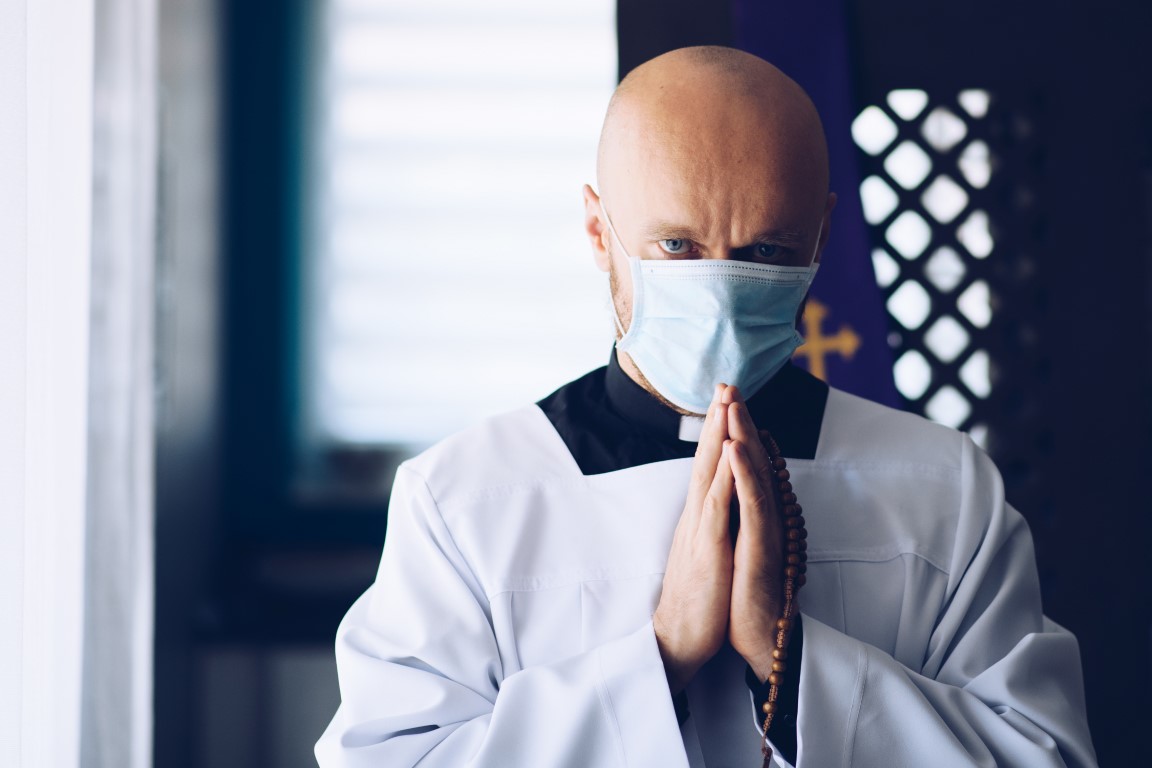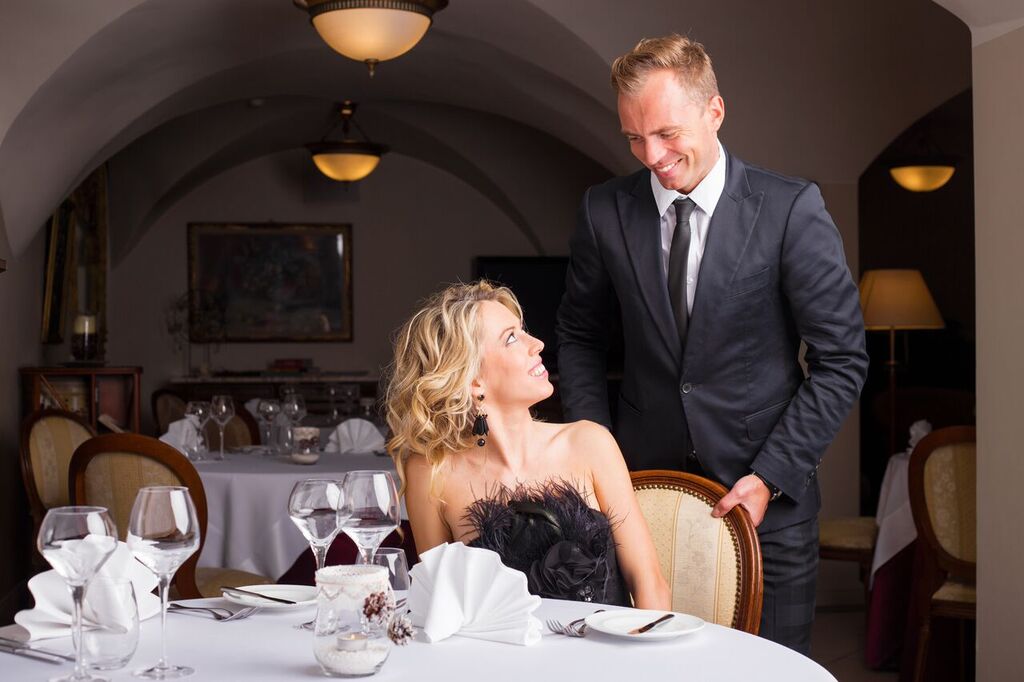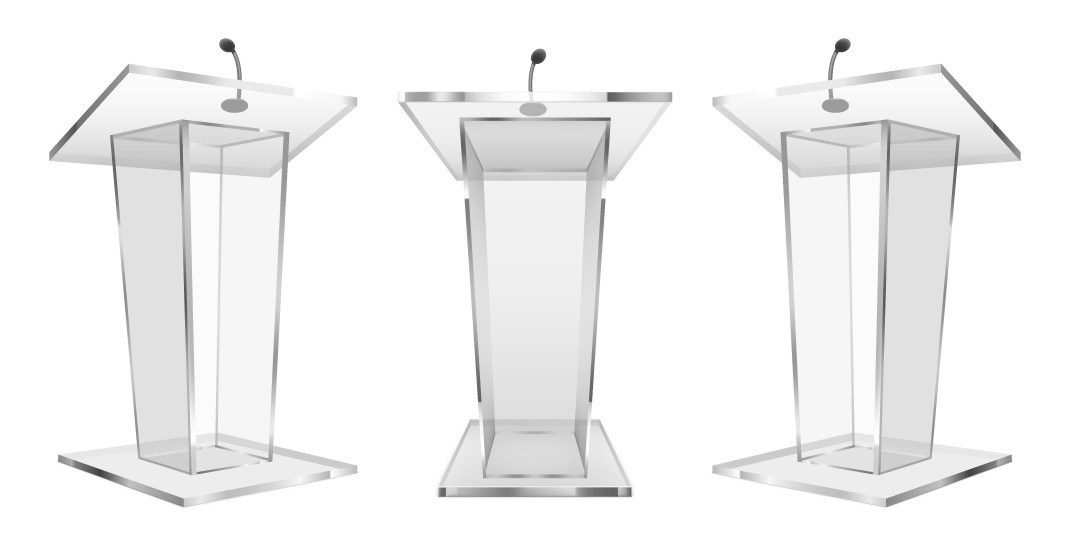
How much power can we grant before we regret it?
By Matthew Fraser, Opinions Editor
All things in life require balance; they say too much of anything can make you an addict. Yet, simultaneously, the addict can die from withdrawal. It has been my opinion that the noblest form of governance is one in which every individual has total freedom to pursue their own goals or needs as selfishly or unselfishly as the individuals themselves. Yet, I have continuously run against the hard problem of those whose pursuits harm others either through direct action or through indirect consequence. Coronavirus has presented the sum of this dilemma in how we must relate to religious freedoms. Numerous churches have vowed to continue services and disregard government orders by staying open.
On one hand it is my belief that the separation of state and church is absolute and that this entails both the removal of church influence from governance but also, refusing the hinderance of religious practice by government action. But the problem lays in the fact that these religious practices can and do jeopardize the wellbeing of others and, as South Korea has shown, potentially the country at large. What is the right path to choose? Increasing government power over the personal lives of citizens, or allowing well-meaning faith to imperil safety and medical infrastructure?
If we allow the state to set the line of what is and isn’t acceptable, we give a constantly changing entity unfettered control to pass its opinion as law and enforce those opinions with absolute power if it feels necessary. To give the government permission to forcibly curtail religious gatherings today is to consign the ability to pray freely to whoever holds office, forever. This line of thinking birthed Canadas residential schools, “Kill the Indian and save the man” was no mistake; we should be forever wary of a return to total religious control whether that be by a single religion or a militantly secular ideology. In fact, the most dangerous part of today’s predicament is that we find it more acceptable for a secular government to reign in religious expression. It appears as if someone is finally acting to destroy the evils of the old world that religion represents, but religion is inextricable from culture.
We know that once power is given to a governing body it is almost impossible to get back, it behooves us to be vigilant and aware that we will not be able to one day rescind whatever laws get pushed through today. By the time we do realize the error it could already be too late.
Freedom itself is not endless, there is always a limit of what can be done by any individual in their own time and without incumbering others. Religious plurality and free expression are meant to protect the individual from threat or coercion to do opposite of their beliefs. The problem is always that this is granted within reason. But in an unpredictably changing world, what is reasonable? Is it reasonable to force someone to pray at home because of certain fears you may have? Is it unreasonable that someone’s prayers jeopardize the safety of everyone they make contact with even if that contact is willing? Can we really say that we use governmental threat to restrict a few and save the many?
The current reproduction number of COVID-19 is an estimated 2.4, meaning that one positive individual will on average infect almost three people. This could wreck absolute havoc amongst religious institutes. Worse still is that these people will go out into their wider communities and inadvertently spread contagion far and wide; we can predict that this could crush our already overwhelmed medical system. One’s freedom to pray is not the same as freedom to disregard the safety of others and short of rounding up the offending religious practitioners and exiling or sequestering them, these people have no choice but to obey a government directive.
Though one’s faith in a higher power could be absolute, the demonstration of that power is not. As much as we should rightly distrust increasing state power, we must also realize that some people will make decisions that increase the risk to others and increase the necessity of the state apparatus.
We should all want a total and complete separation between church and state, however, there seems to always be a need for the curtailment of freedom in protection of society at large. Until we as a species can imbed both religious freedom and sane respect for other’s vulnerabilities into our cultures, there will always be a need for governance. Would that we all could trust that governance to respect its confines.


